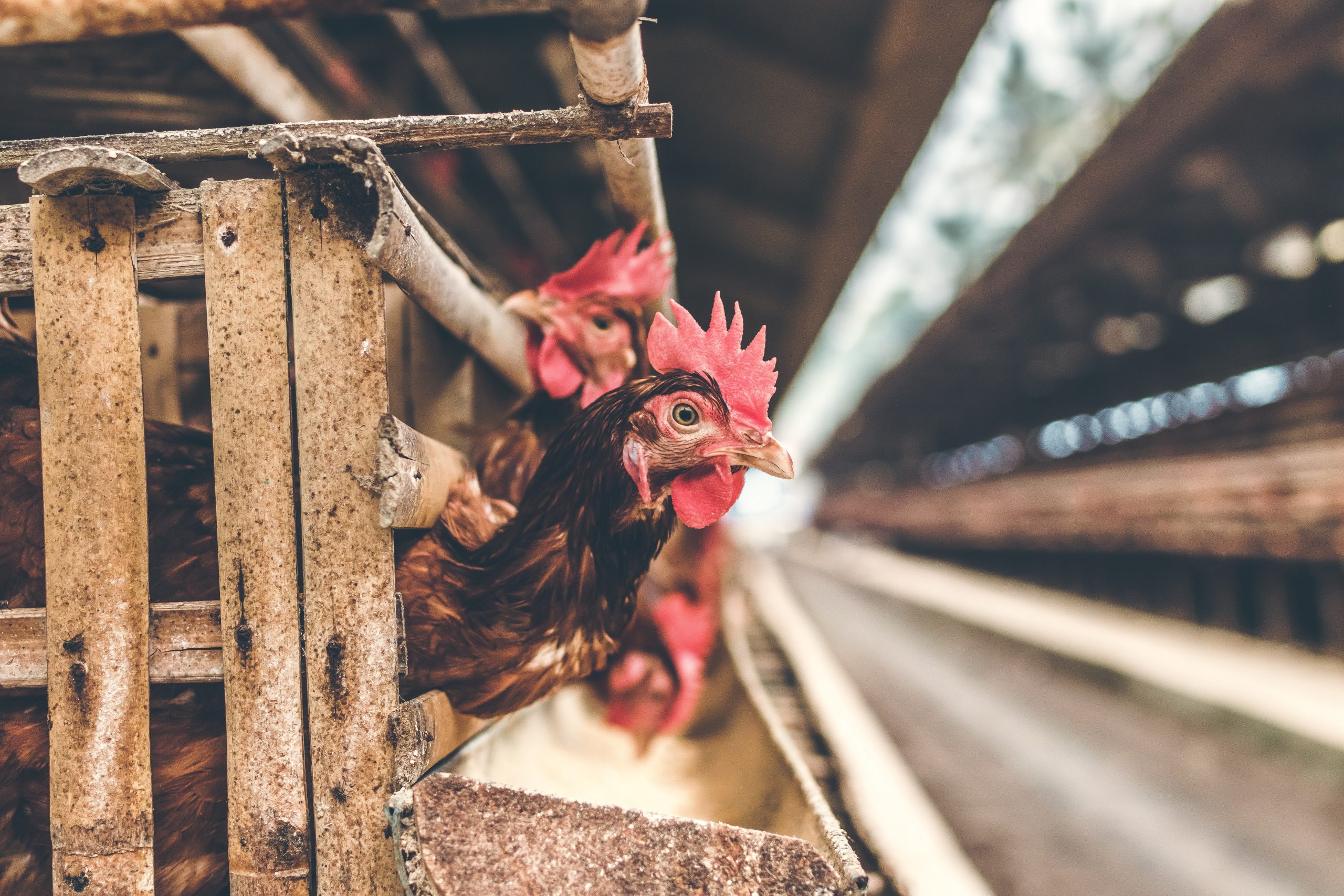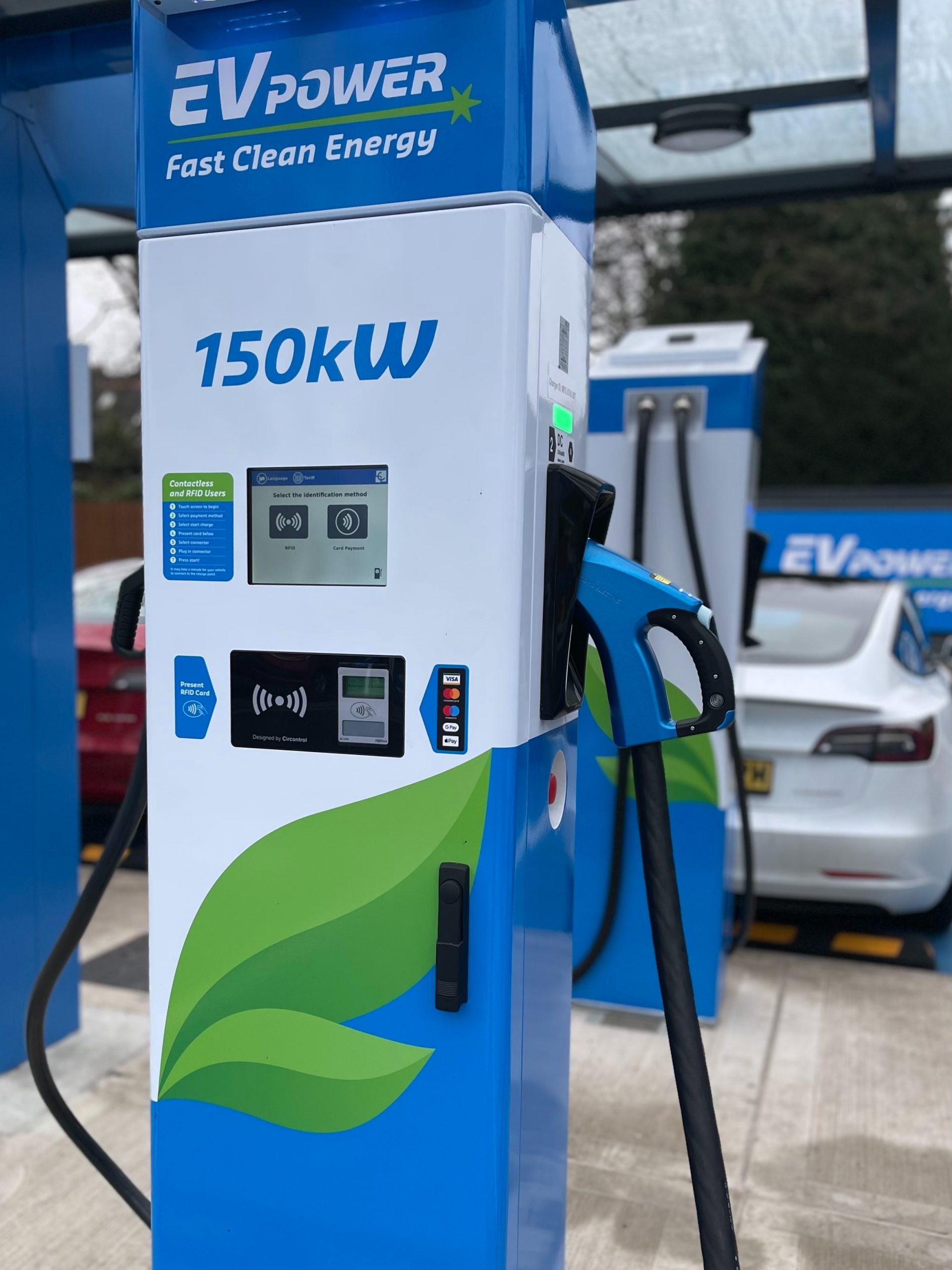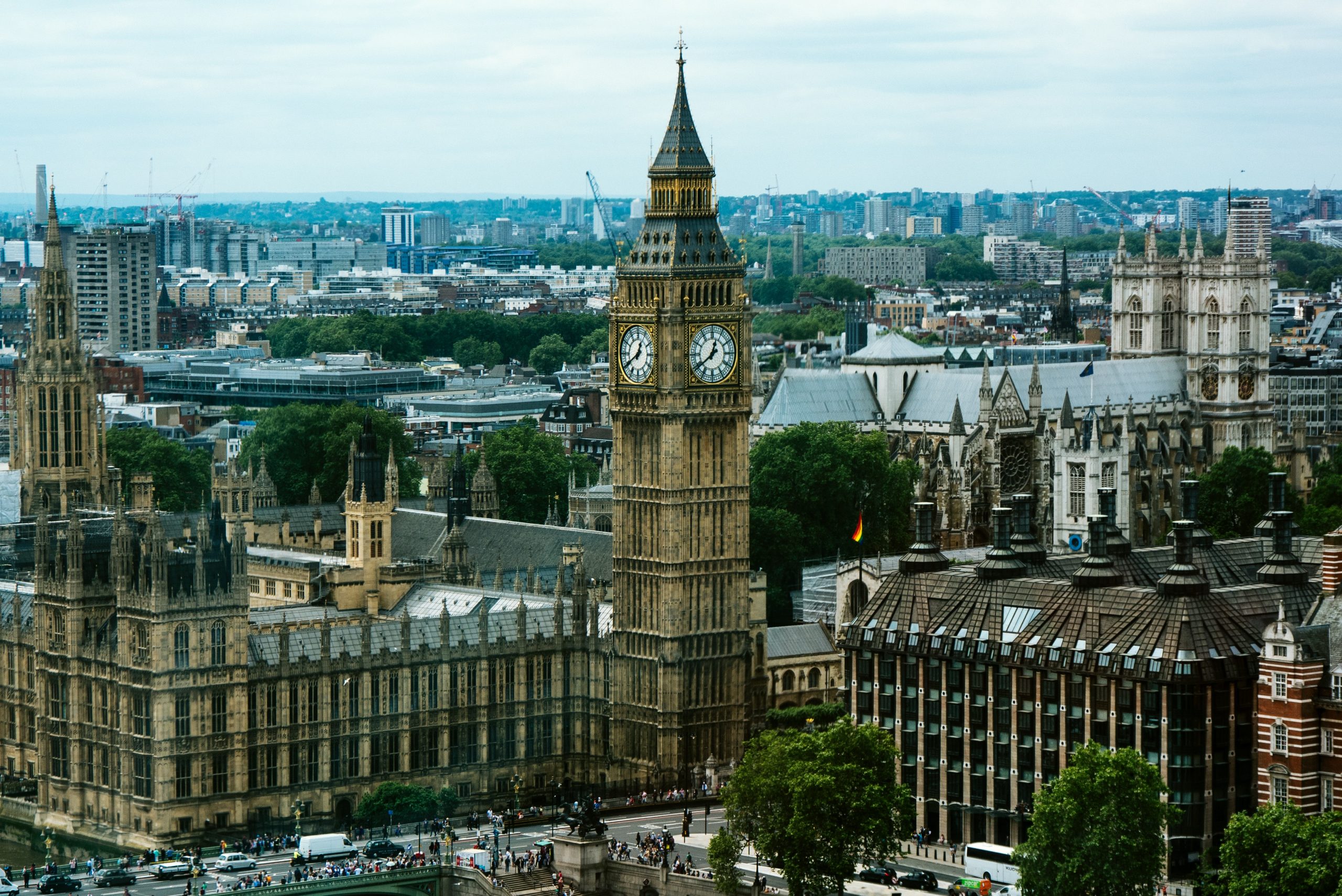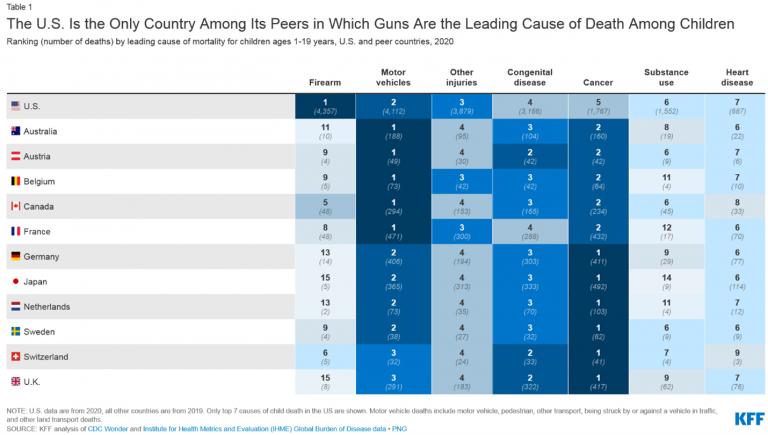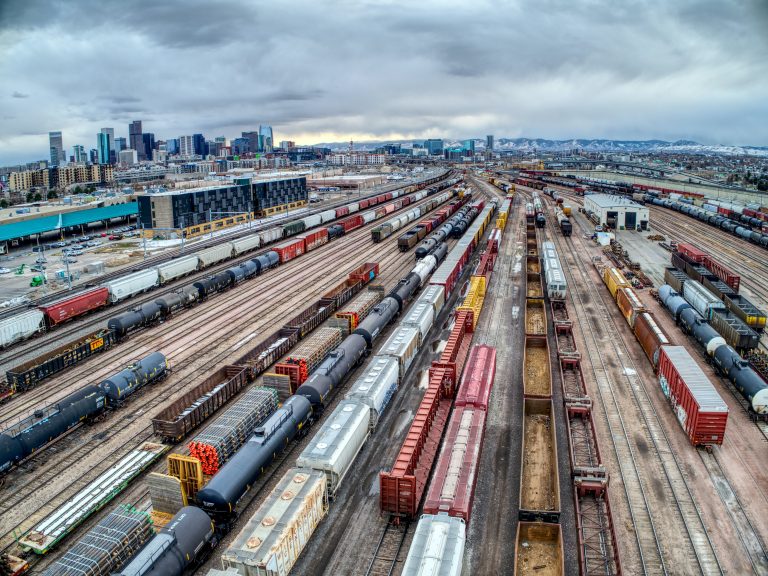Photo by Artem Beliaikin on Unsplash Production of boiler chickens (those raised for their meat, not eggs) in the US...
MSNBC News: “No pay, no spray: Firefighters let home burn”
This article may be a bit dated, but it’s an intriguing story about the difficult moral situations that sometimes come about in markets. In most urban areas, property or sales taxes are used to fund a fire department, which puts out any fire in the city. But in some rural areas, there are not enough people to support a fire department, so they have to purchase fire insurance from a nearby fire department. What happens when you don’t pay your annual fire insurance bill and your house catches on fire? Read the story to find out.
MCNBC News “No pay, no spray: Firefighters let home burn”
Introduction: This article may be a bit dated, but it’s an intriguing story about the difficult moral situations that sometimes come about in markets. In most urban areas, property or sales taxes are used to fund a fire department, which puts out any fire in the city. But in some rural areas, there are not enough people to support a fire department, so they have to purchase fire insurance from a nearby fire department. What happens when you don’t pay your annual fire insurance bill and your house catches on fire? Read the story to find out.
Discussion Questions:
- This situation highlights the tension that sometimes exists between what we think is moral or ethically correct, and the incentives that operate in a market economy. Can you think of other examples like this? Explain.
- Consider this quote from the article: “South Fulton’s mayor said that the fire department can’t let homeowners pay the fee on the spot, because the only people who would pay would be those whose homes are on fire.” How does this statement relate to the problem of adverse selection?
- What if a homeowner who did not pay the insurance were allowed to have a lien placed on their home equal to some much larger amount, like $5,000, in order to have the department put out the fire? Would this be a feasible alternative for those who did not pay their fire insurance premium?
- Consider the problem of health insurance in the U.S., specifically with the “individual mandate” from the Affordable Care Act, requiring everyone to have health insurance or pay a fine. Why might this kind of individual mandate be required for health insurance but not for fire insurance in areas such as rural Tennessee?

